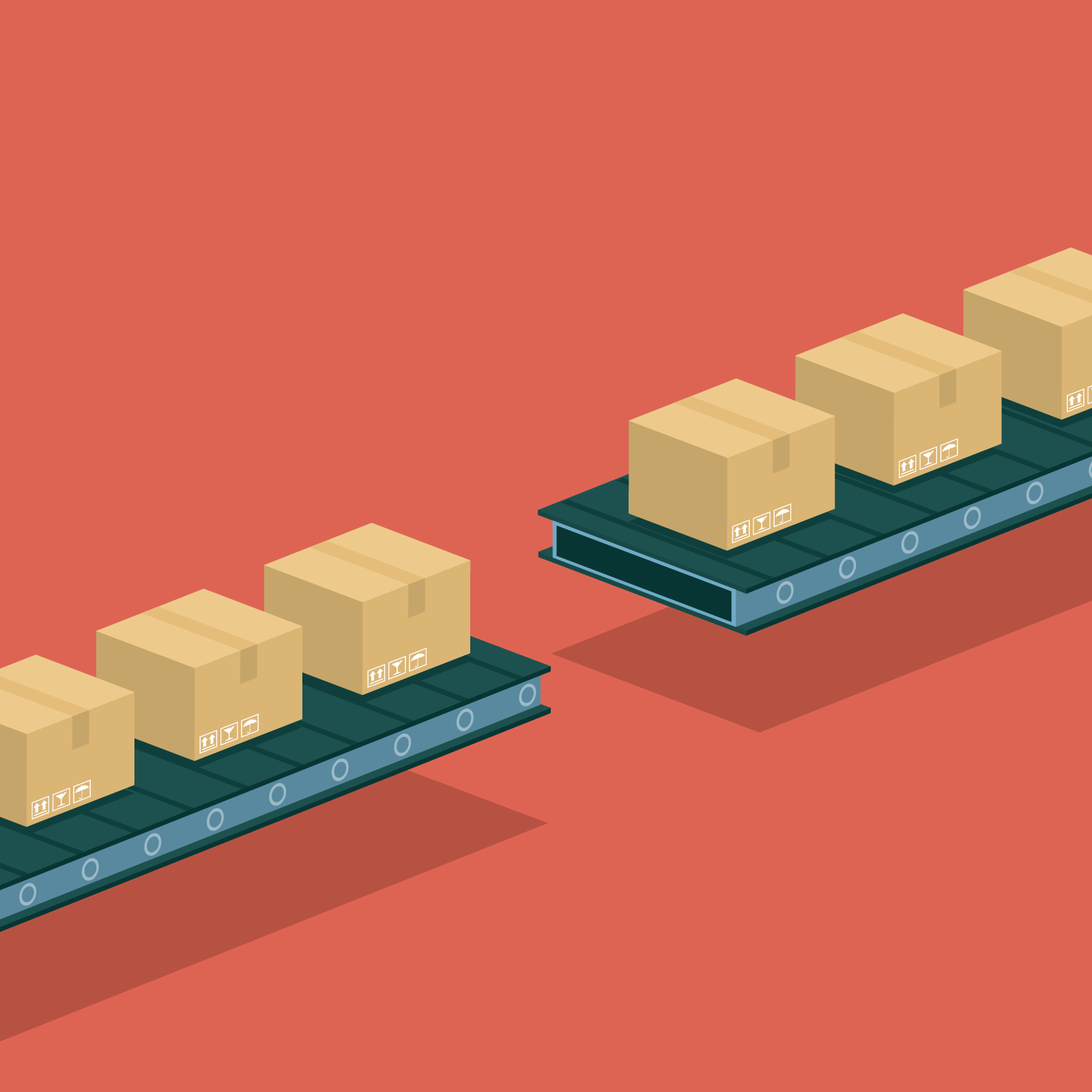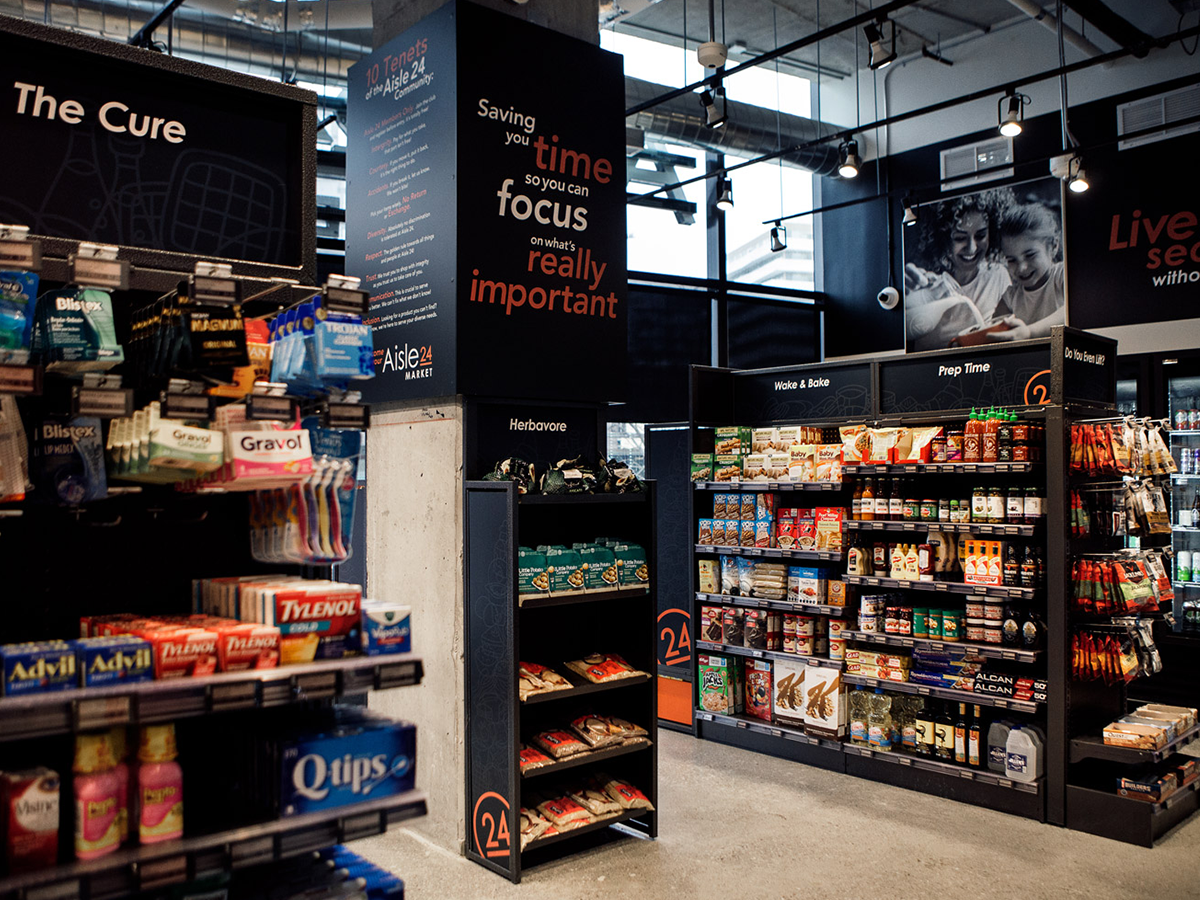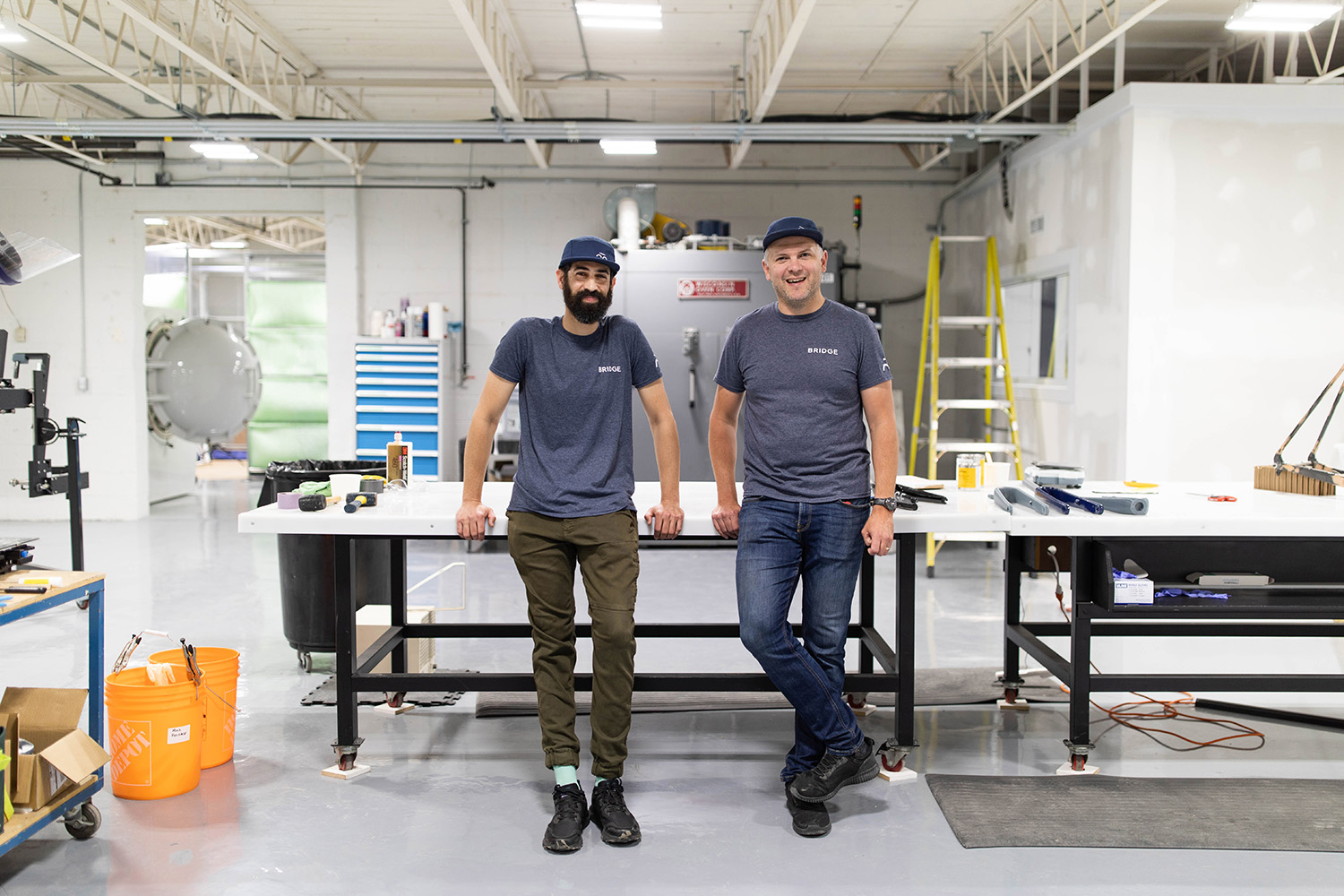What the Supply Chain Crisis Means for Your Holiday Shopping

Christmas came extra early this year at Mastermind Toys.
The Toronto-headquartered retailer placed overseas orders six to eight weeks ahead of schedule, planned to have the bulk of its inventory coming in a month early, and worked with vendors to find cost-effective ways to speed up deliveries. It also started its holiday campaign in September and rolled out its annual gift guide and holiday return policy earlier than it ever has.
The advance planning was due to an expectation that supply chain issues would play a starring role in holiday shopping, said Mastermind’s chief executive officer Sarah Jordan. The company is also expecting record demand after a year of double-digit growth in the Canadian toy industry, driven by parents buying more to keep their kids occupied during the pandemic.
“Customers are planning for a season of togetherness—a double Christmas, so to speak—to make up for a restricted holiday season last year,” Jordan said.
The problem, however, is that not everyone will be able to cross all items off their shopping list. Canada is being affected by a global supply chain crisis, triggered by the COVID-19 pandemic, and manufacturing and transportation bottlenecks continue to delay the movement of key gifts from factories to store shelves.
The pandemic has highlighted the fragility of global supply chains and just-in-time delivery. Factories, warehouses and ports shut down or reduced operations in the early days of COVID-19 due to the spread of the virus and dramatically lower consumer demand. As manufacturers and distributors try to ramp up to pre-pandemic capacity, they’ve been hit by outbreaks, increased costs, labour shortages and challenges obtaining key raw materials.
Complicating the picture, said David Soberman, a professor of marketing at the University of Toronto’s Rotman School of Management, we are experiencing a “high level of pent-up [consumer] demand” as economies reopen and vaccination rates climb. The resulting havoc has created shortages of electronics, apparel, automobiles and more.
Hasbro, Apple and Amazon are among the major companies that have reported multi-million dollar hits to their bottom lines due to supply chain woes. Some companies, including Home Depot, Walmart and Costco have chartered their own ships to bypass logistical snags.
Retail Council of Canada spokeswoman Michelle Wasylyshen said the council anticipates the availability of electronics, toys, bikes and bike parts, appliances and furniture, winter tires and some seasonal accessories will be tighter than in past years. She added that Canadian retailers have been preparing for months by ordering earlier, increasing their inventories, and diversifying their supplier base.
Mastermind introduced more carrier options to get its products from its warehouse to online shoppers more quickly, Jordan said.
Marty Weintraub, national retail leader at Deloitte Canada, said some retailers have even rented or leased air freight space. He cautioned that all these “creative tactics” come with a cost, and Canadians should be prepared for some sticker shock at the stores.
“There will be gifts to be had,” Weintraub said. “It may not be exactly what you want in colour, size or style, but you should still be able to find gifts.”
Weintraub said he expects to see more people giving gift cards, and possibly turning to experience-based gifts—like tickets to an event, for example—though to a lesser extent. He said Deloitte has seen “a bit of movement” on experience gifts, but interest has remained depressed by consumers’ comfort level with venturing out during the pandemic.
Shoppers may also turn to the pre-owned and refurbished market. E-commerce giant eBay has seen above-expected quarterly results throughout the pandemic, and Robert Bigler, general manager of eBay Canada, said the company experienced “double-digit” growth in product categories that have faced shortages, including collectibles, puzzles and boardgames, and refurbished electronics.
“Now that we’re looking toward the holidays, there’s big supply chain issues with the big box retailers, and eBay’s business model is so well-suited for scarcity,” he said.
During Meta’s third-quarter results call, CEO Mark Zuckerberg highlighted Facebook Marketplace as being relied upon by users “especially now with supply chain issues that make it harder to get new products.”
Wasylyshen said the best way for Canadians to ensure they get the gifts they’re looking for is to shop early. A survey conducted by the retail council found that 30 per cent of Canadians were planning to begin holiday shopping in early November.
“I need to take my own advice,” Wasylyshen said. “I haven’t started [shopping] yet but I should.”
At Mastermind, Jordan said customers have clearly gotten the memo: the company started getting requests for its holiday gift wrap as early as August and advent calendar sales in October were four times greater than in previous years. This year’s hottest toy—a magic cauldron that allows kids to grow a furry friend within it—sold out two times in less than 24 hours of becoming available.
“That just goes to show you, holiday shopping is on,” Jordan said.









